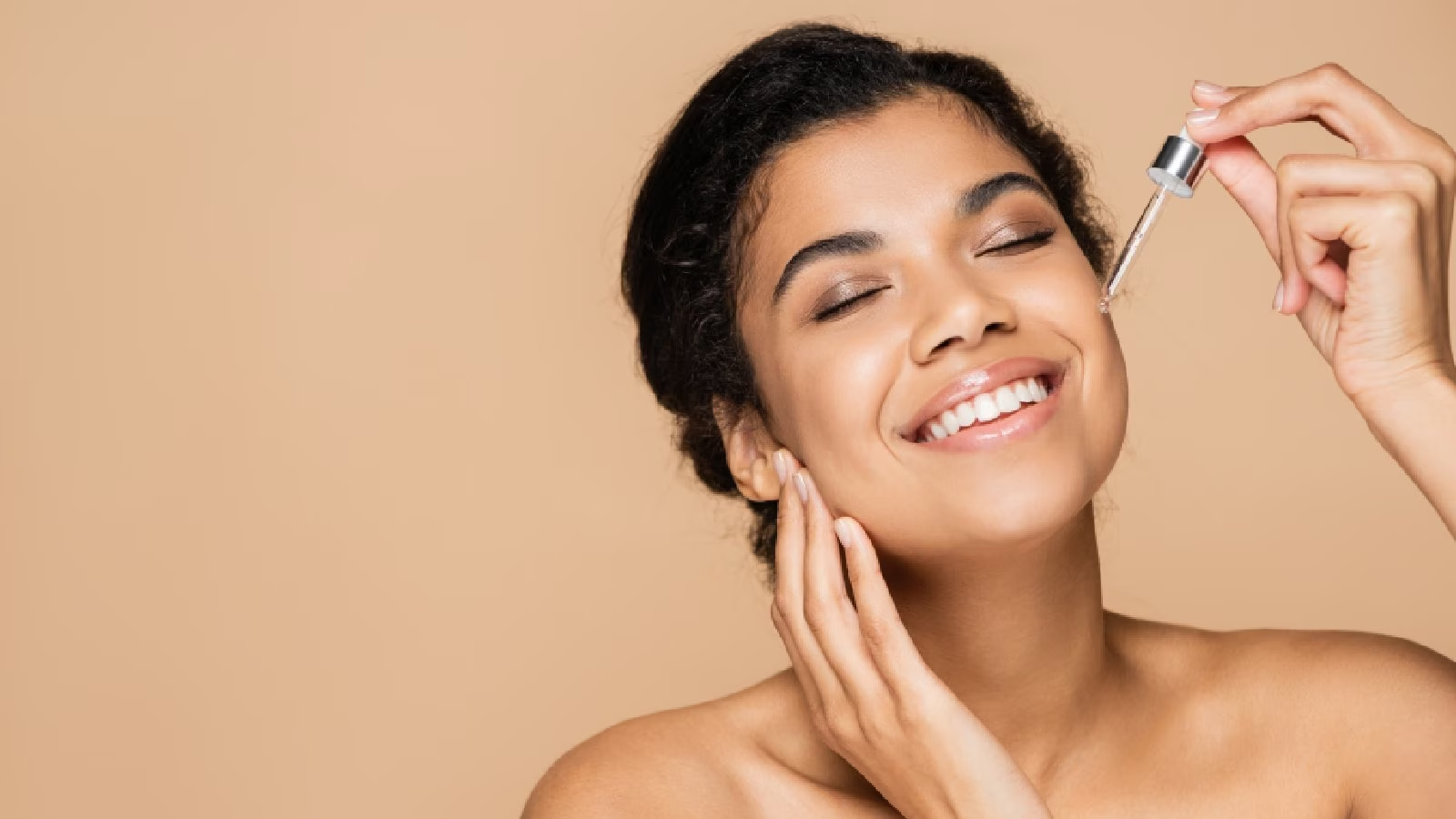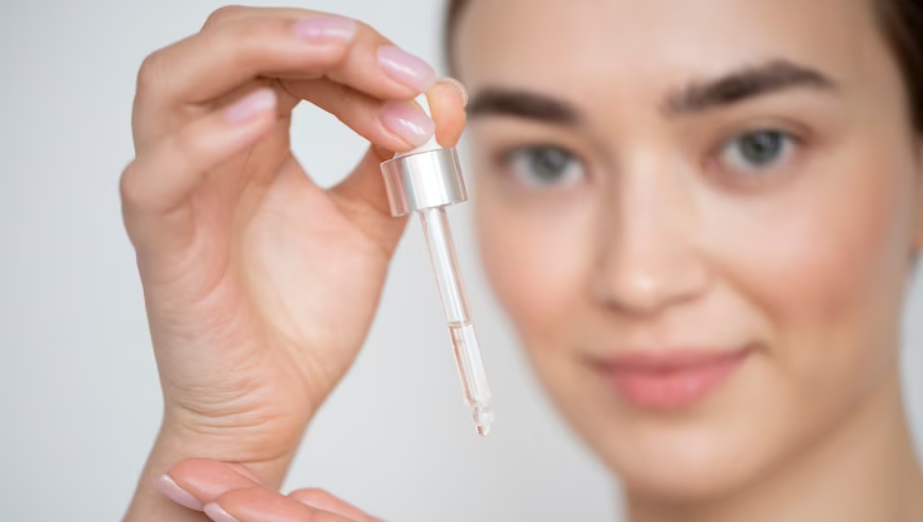What does a face serum do?
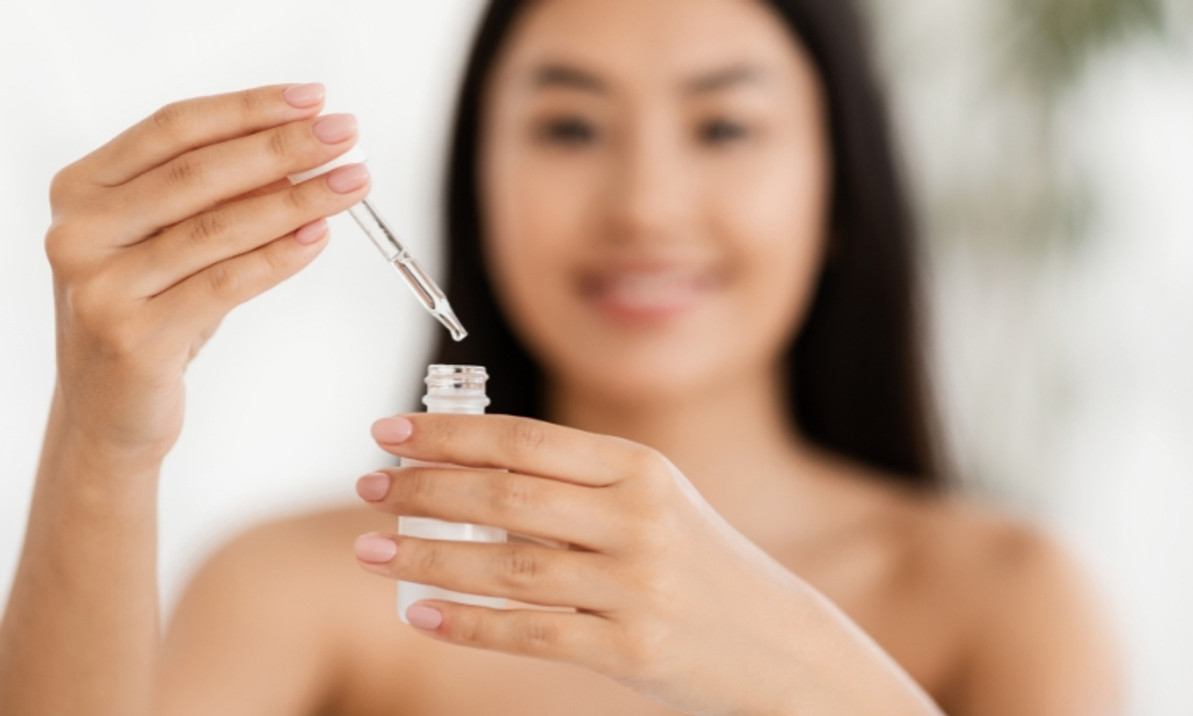 Before we delve into the many benefits of face serums, it’s essential to understand the basics: what exactly is a face serum? A face serum is a lightweight, topical skincare product formulated with a higher concentration of active ingredients, such as hyaluronic acid, glycolic acid, and vitamin C. These potent ingredients are what set serums apart, making them highly effective in addressing specific skincare concerns like wrinkles, dark spots, and uneven skin tone. Unlike other skincare products, serums are designed to deliver these active ingredients deep into the skin, allowing for more targeted and impactful results.
Before we delve into the many benefits of face serums, it’s essential to understand the basics: what exactly is a face serum? A face serum is a lightweight, topical skincare product formulated with a higher concentration of active ingredients, such as hyaluronic acid, glycolic acid, and vitamin C. These potent ingredients are what set serums apart, making them highly effective in addressing specific skincare concerns like wrinkles, dark spots, and uneven skin tone. Unlike other skincare products, serums are designed to deliver these active ingredients deep into the skin, allowing for more targeted and impactful results.
Serums are typically thinner than moisturizers, making them ideal for layering within your skincare routine. Their lightweight consistency allows them to be absorbed quickly and efficiently by the skin, delivering potent active ingredients directly to where they are most needed. Serums come in a variety of formulations, including gels, oils, and light creams, and in some cases, they may even have a water-like consistency. This versatility in texture allows serums to cater to different skin types and concerns, making them a flexible and essential component of any skincare regimen.
The beauty of face serums lies in their versatility. Almost anyone can benefit from using a serum, but the key is to choose one that addresses your specific skin concerns.
Dry Skin
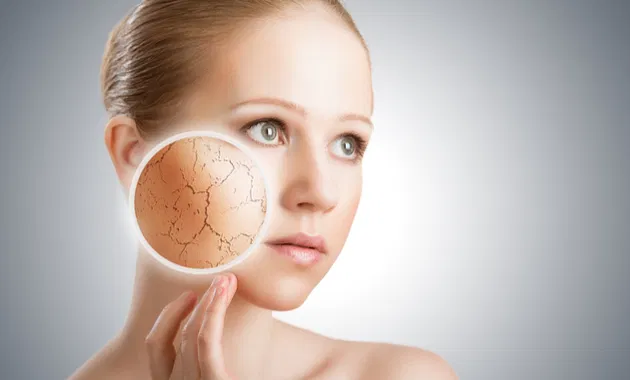
If you have dry or dehydrated skin, look for a hydrating serum with ingredients like hyaluronic acid or glycerin. These serums will help to replenish moisture and keep your skin looking plump and healthy.
Aging Skin
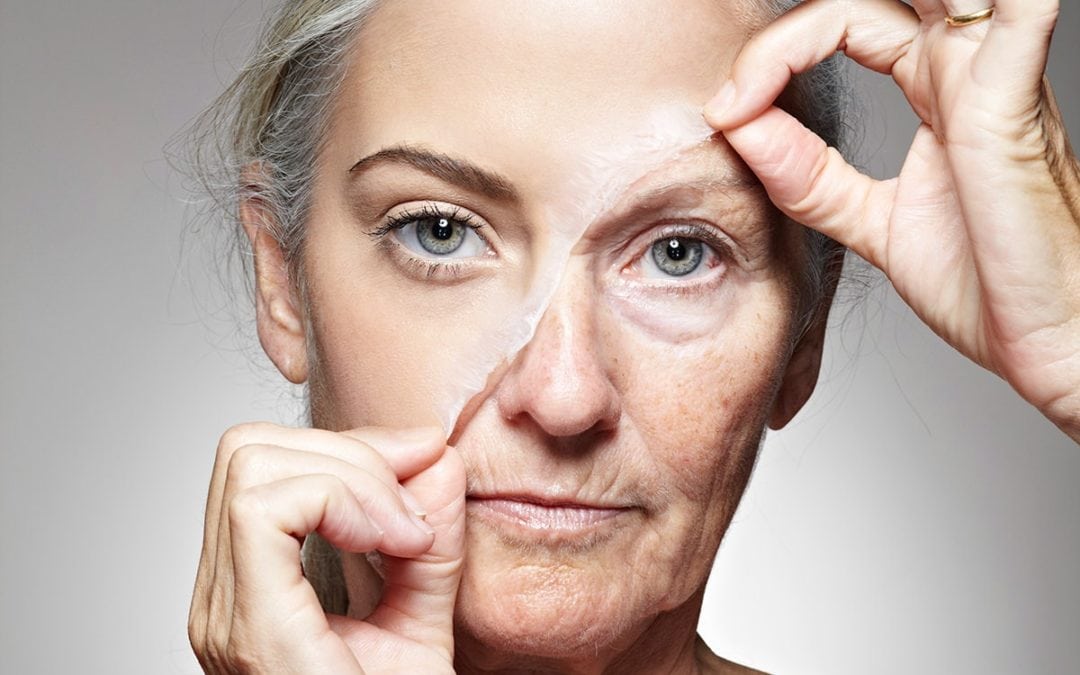
For those concerned with signs of aging, such as fine lines, wrinkles, and sagging skin, an anti-aging serum with retinol, peptides, or Vitamin C can work wonders. These ingredients help to boost collagen production, firm the skin, and reduce the appearance of wrinkles.
Dull or Uneven Skin Tone
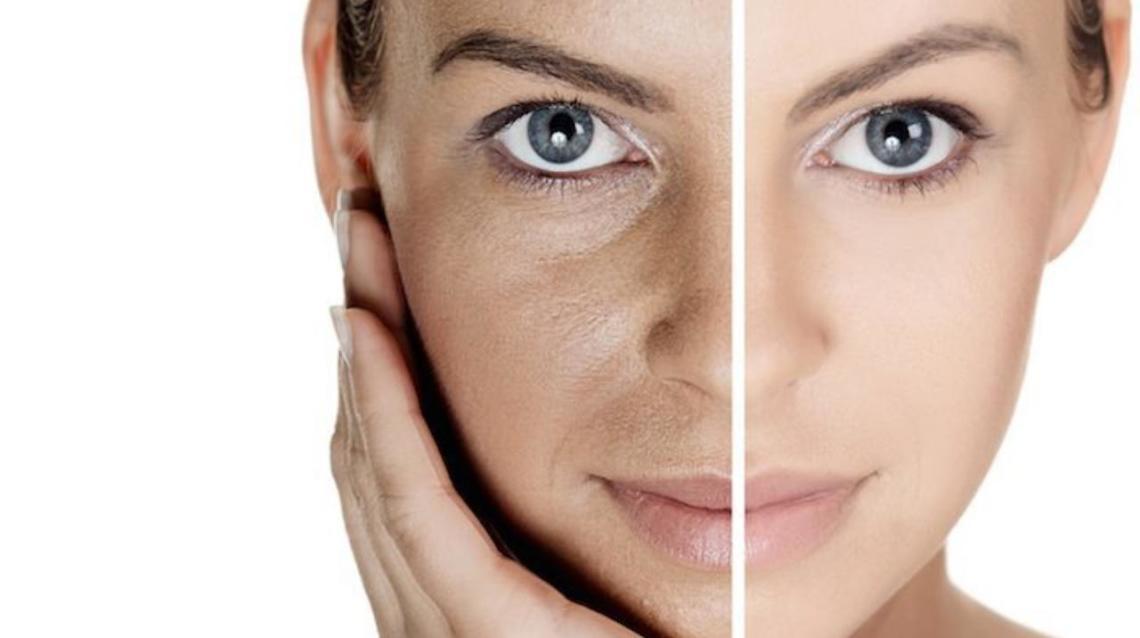
If your skin lacks radiance or you struggle with dark spots, a brightening serum with Vitamin C or niacinamide is ideal. These serums can help to even out skin tone, reduce hyperpigmentation, and give your skin a healthy glow.
Acne-Prone Skin
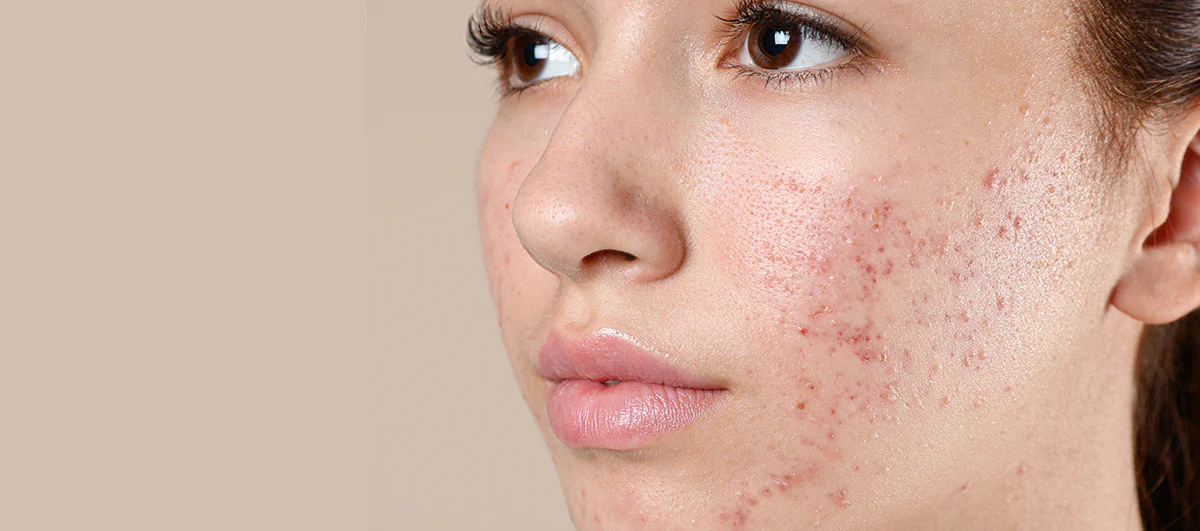
For those who experience frequent breakouts, an acne-fighting serum with salicylic acid, benzoyl peroxide, or tea tree oil is a great option. These ingredients help to unclog pores, reduce inflammation, and prevent future breakouts.
Sensitive Skin

If your skin is sensitive or prone to irritation, opt for a calming serum with ingredients like aloe vera, chamomile, or niacinamide. These serums will help to soothe and protect your skin without causing further irritation.
Combination Skin
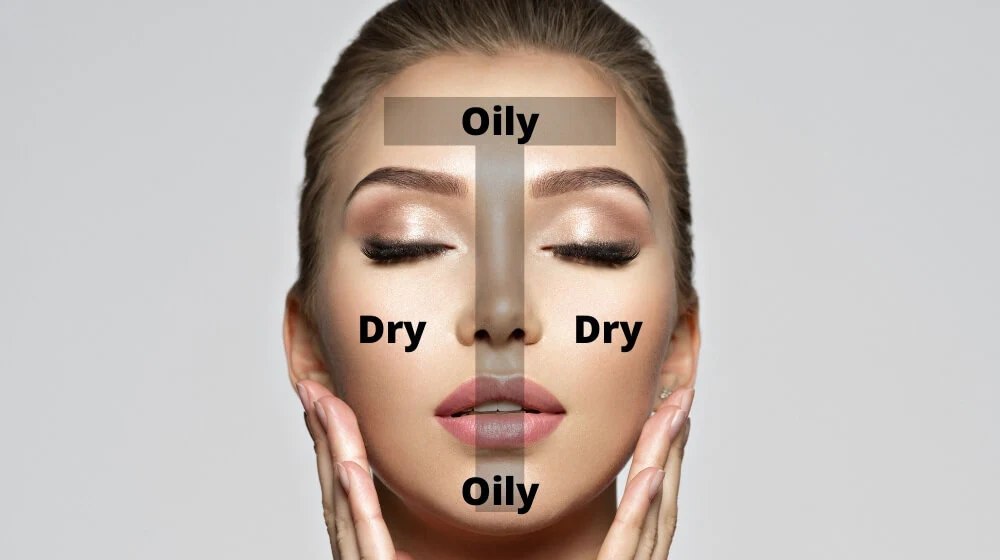
For those with combination skin, where some areas are oily and others are dry, a balancing serum can help to regulate oil production while providing hydration where needed. Look for ingredients like niacinamide, which is excellent for balancing the skin.
Normal Skin

Even if you have normal skin with no major concerns, a serum can still be a valuable addition to your skincare routine. Choose a serum that provides hydration and antioxidant protection to maintain your skin’s health and vitality.
How to Use a Face Serum
Incorporating a face serum into your skincare routine is simple. Here’s how to do it:
Cleanse

Start with a clean face by using a gentle cleanser to remove any dirt, oil, or makeup.
Toner
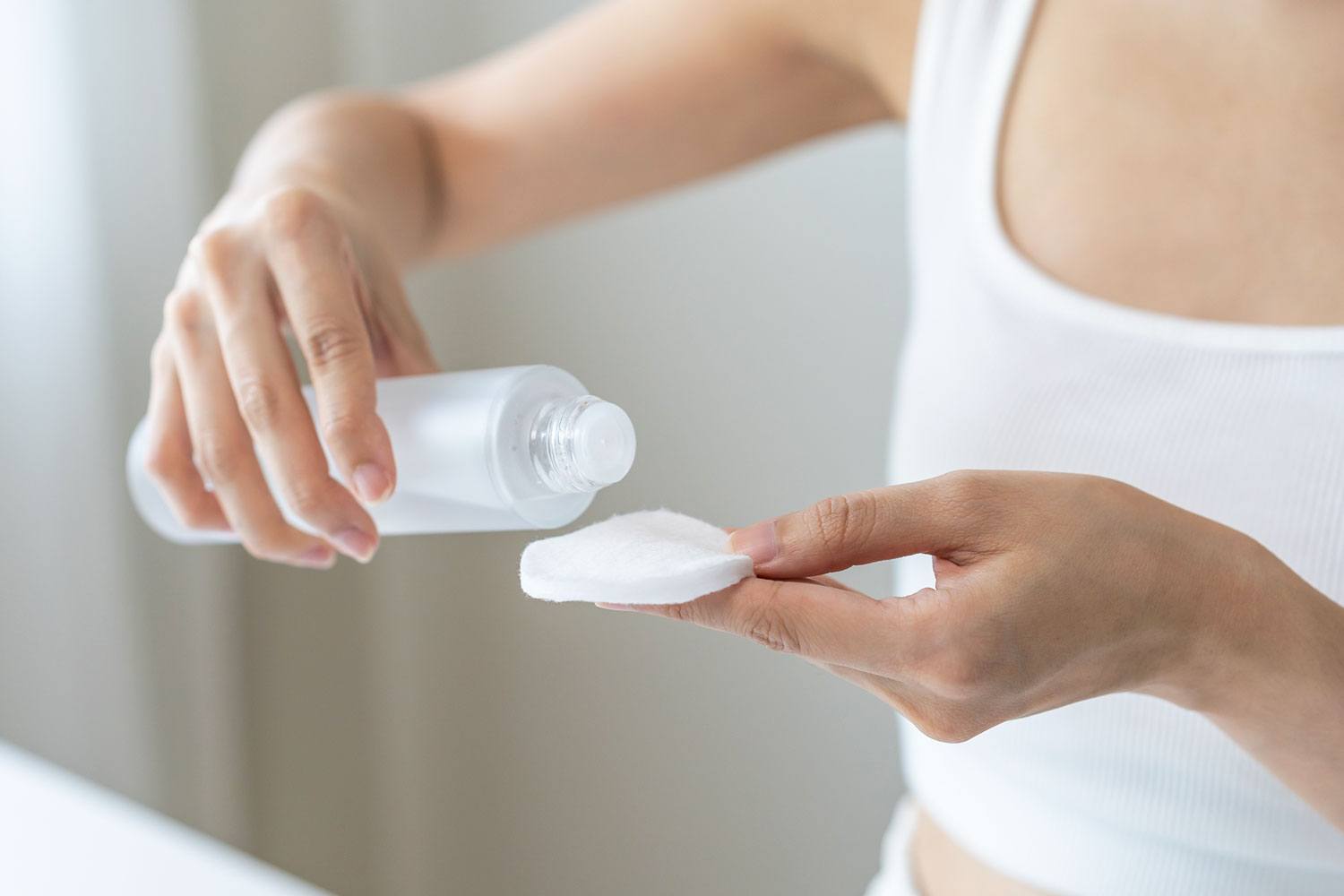
Apply a toner to help prepare your skin for better absorption of the serum.
Apply Serum
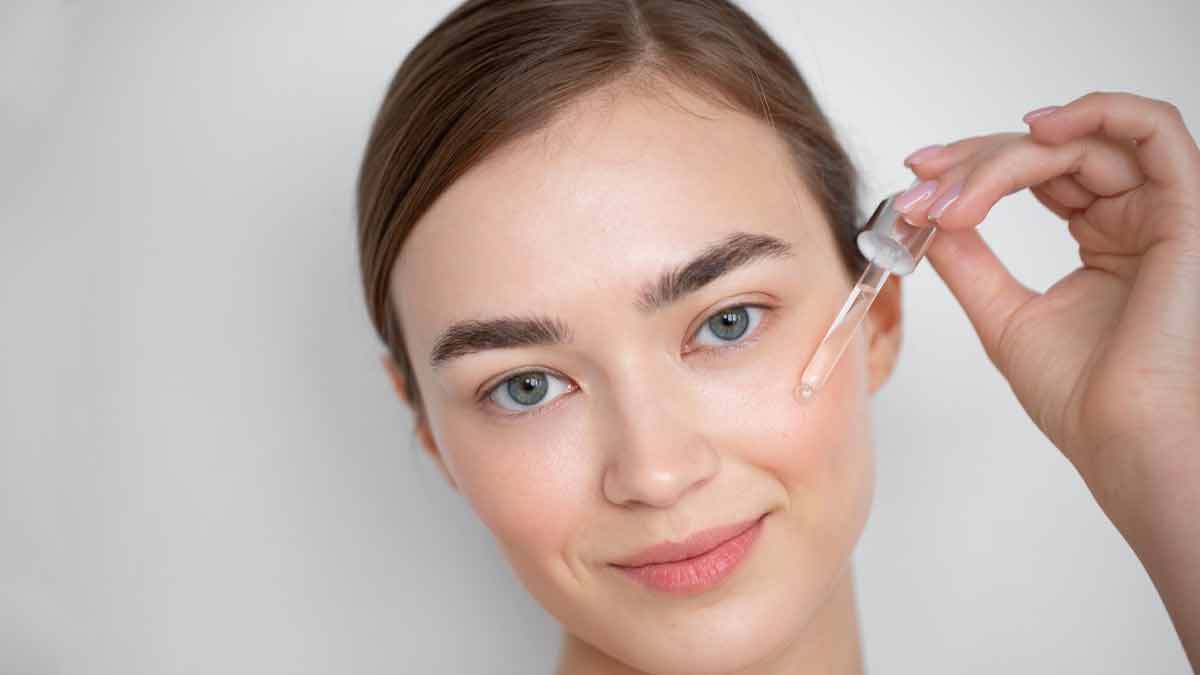
Take a few drops of serum and gently pat it onto your face and neck. It’s best to apply the serum while your skin is still slightly damp from the toner to help lock in moisture.
Moisturize
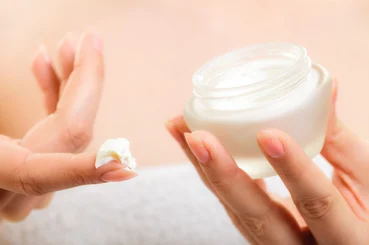
After the serum has absorbed, apply a moisturizer to seal in the active ingredients and provide additional hydration.
Sunscreen (AM Routine)
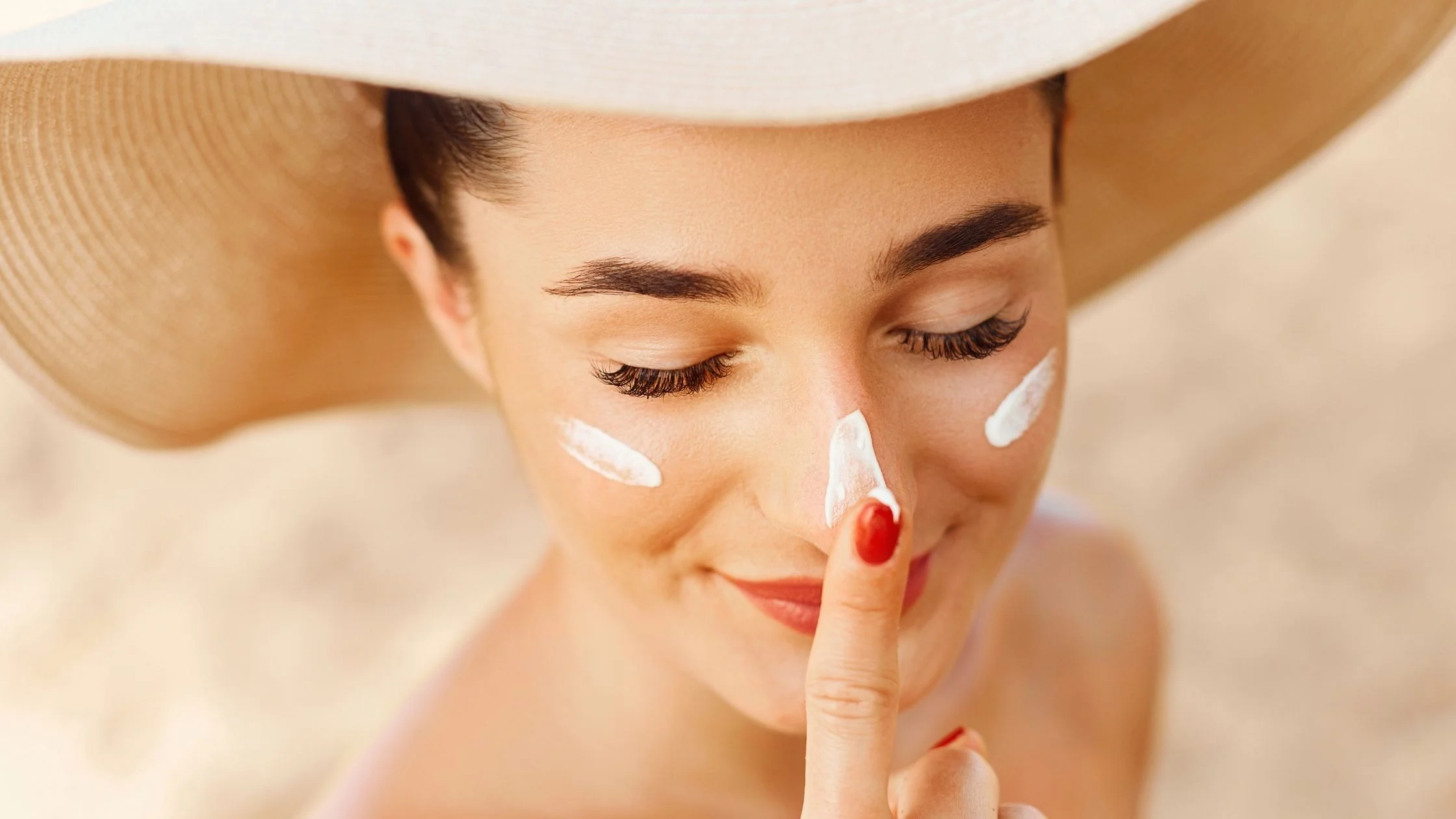
If you’re using the serum in the morning, don’t forget to apply sunscreen as the final step to protect your skin from UV damage.
Conclusion
Face serums are a powerful addition to any skincare routine. With their high concentration of active ingredients, they offer targeted treatment for a variety of skin concerns, from hydration and anti-aging to brightening and acne control. Whether you’re looking to address specific issues or simply want to maintain healthy, glowing skin, there’s a serum out there that’s perfect for you.
The key is to choose a serum that suits your skin type and addresses your particular needs. By incorporating the right serum into your routine, you can achieve noticeable improvements in the health and appearance of your skin, helping you to look and feel your best every day.



